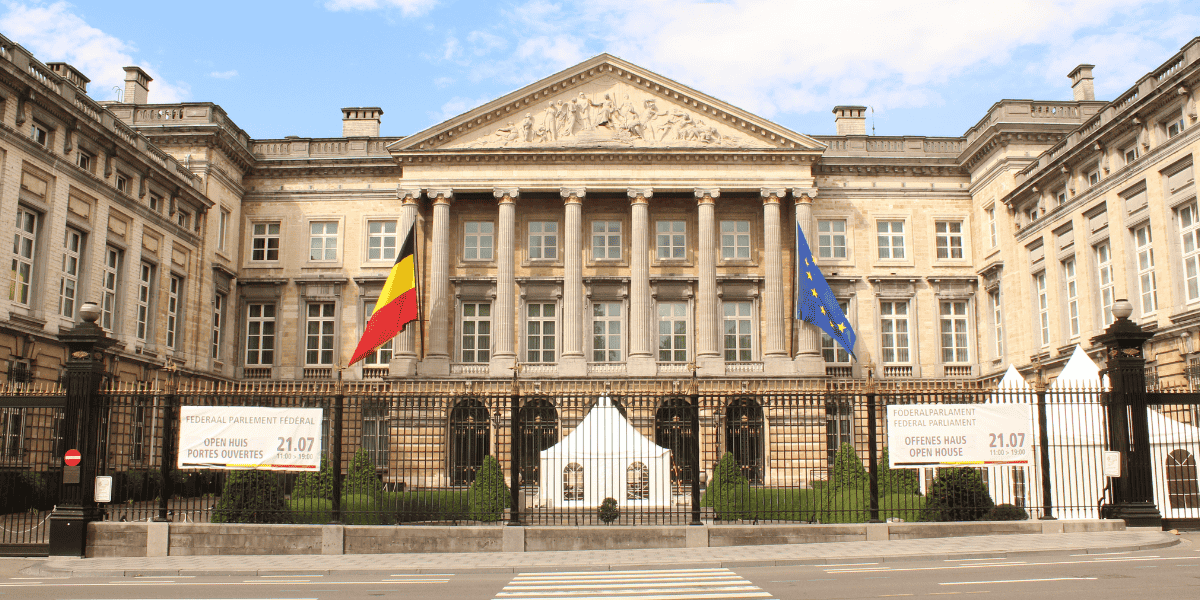On 18 December 2017 the International Monetary Fund (IMF) published a report on Belgium following discussions under article IV of the IMF’s articles of agreement.
The report notes that the economy is recovering with a projected 1.75% rise in GDP in 2017 and a further rise of almost 2% in 2018. The improving economy has contributed to higher employment growth and higher tax revenue. The economy is being strengthened by economic recovery in Europe; the reforms introduced to pensions; and the tax cuts on lower income to reduce the labor wedge
The report notes that Belgium should build for the future by moving towards a balanced budget. The fiscal consolidation should include growth friendly and revenue neutral tax reforms. The report welcomes the government’s efforts to reform the corporate tax system to boost growth by lowering the statutory rate while broadening the tax base, including anti-avoidance measures and a reduction to the cost of the notional interest rate deduction. The reforms should be accompanied by further measures to broaden the tax base and reduce distortions in the tax rules.
The report suggests that these further reforms could include strengthening environmental taxation and elimination of certain deductions and exemptions in relation to value added tax (VAT) and company cars. Other parts of the tax system could be reviewed, such as interest, dividends, capital gains, targeted profit tax deductions, preferential treatment of rental income and real estate, and the tax preferences attaching to savings accounts.
The report notes that productivity needs to be increased to improve competitiveness and counteract the effects of an ageing population. Investment in transport and energy infrastructure should be increased and institutional capacity enhanced to promote competition. Innovation could be promoted by tax incentives and investment in education and training.












